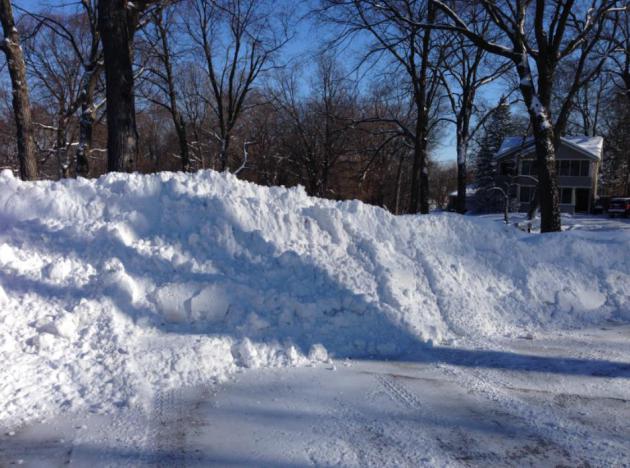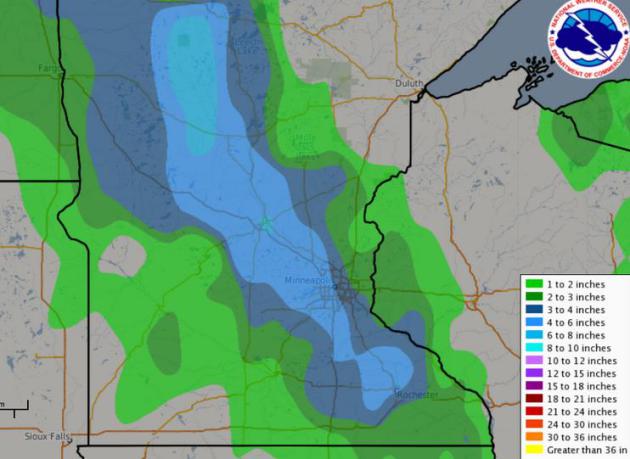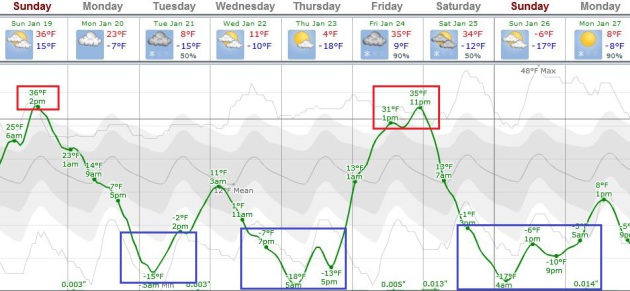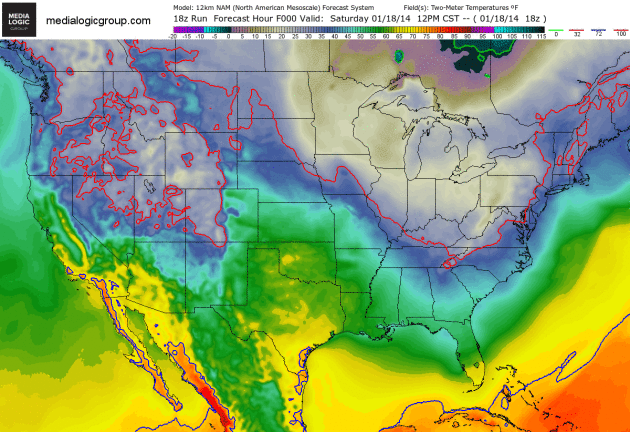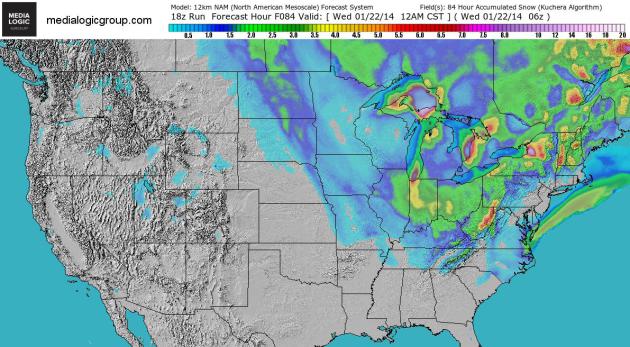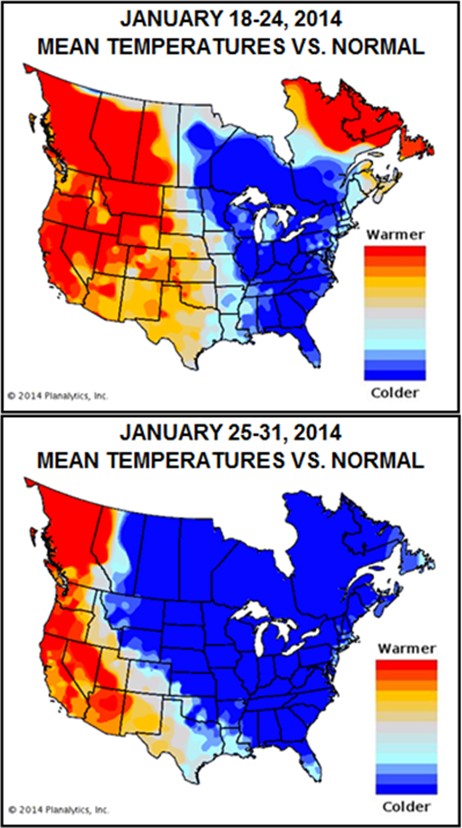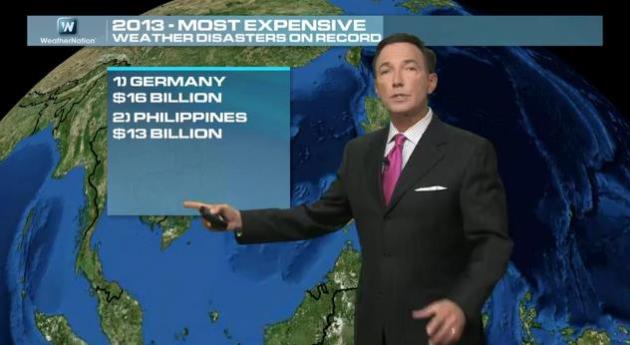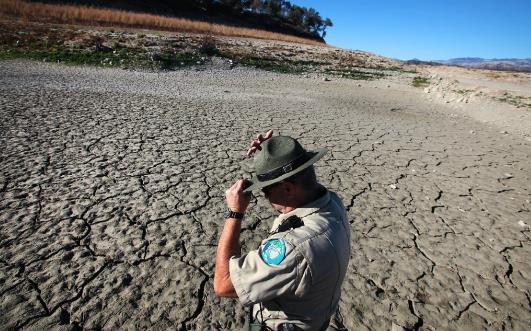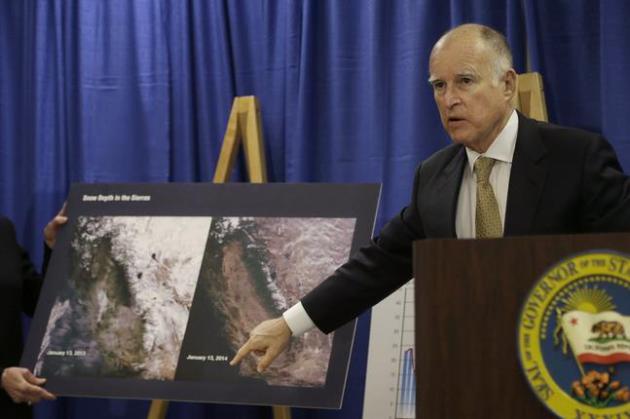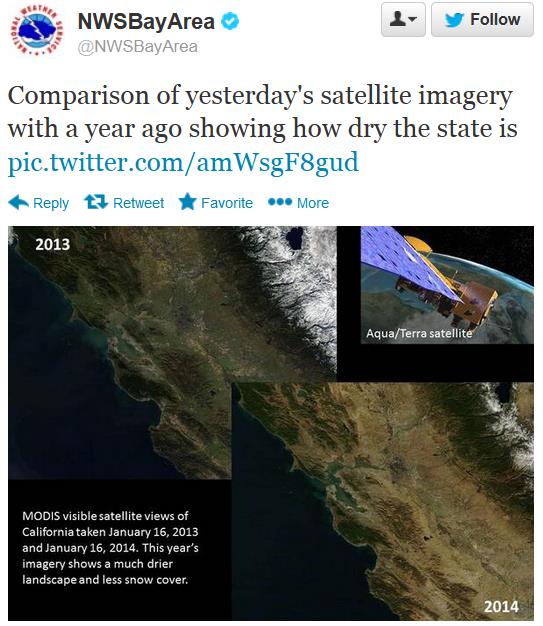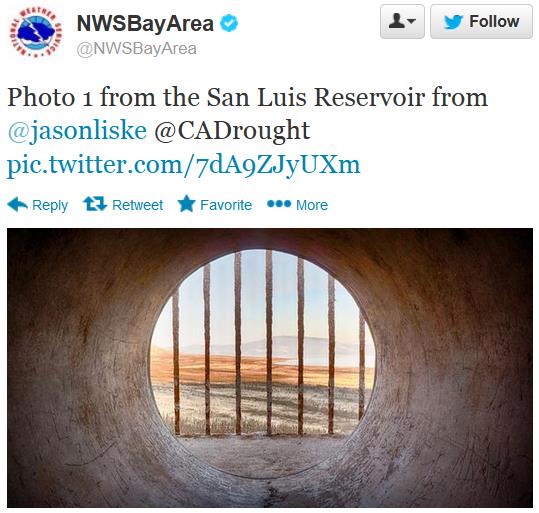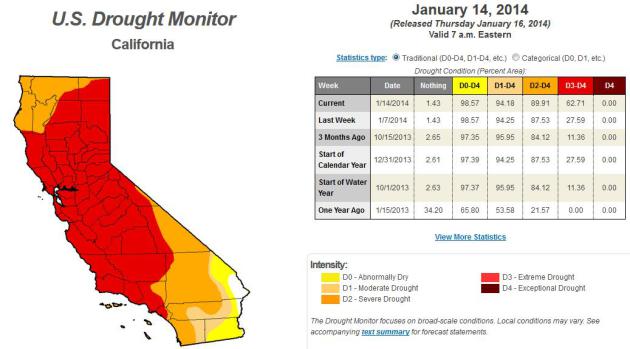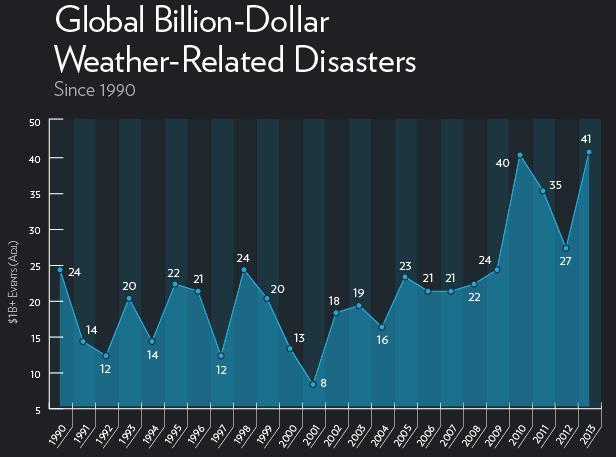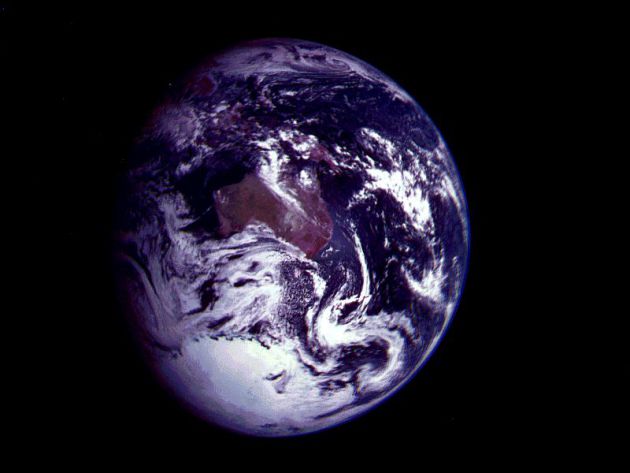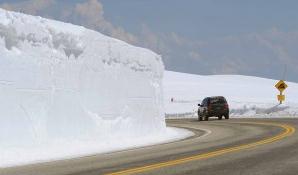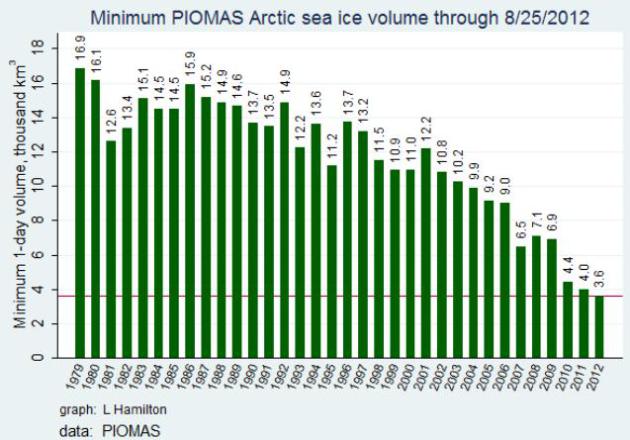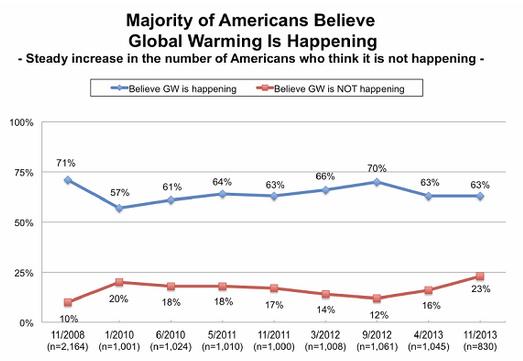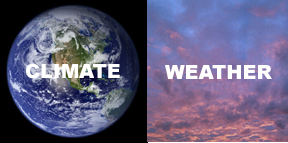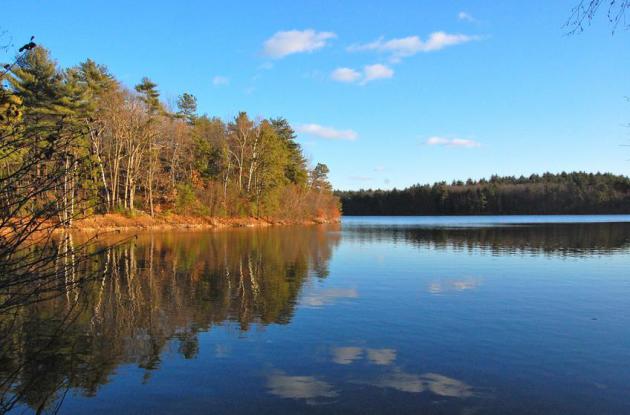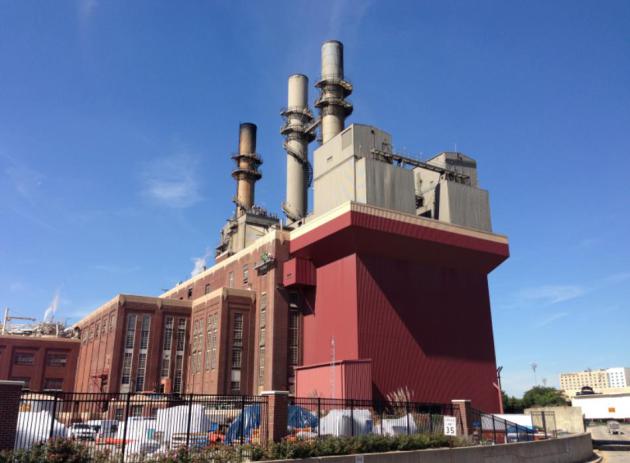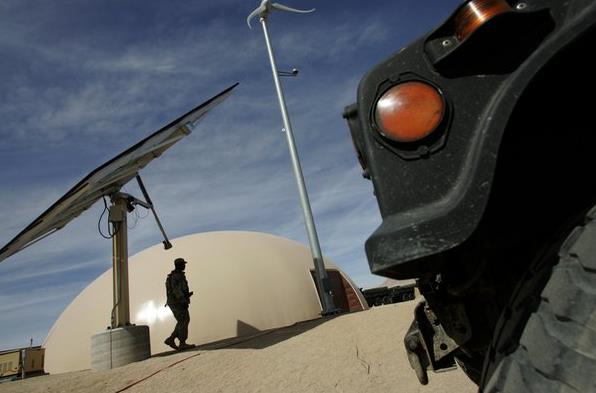A Blessed Thaw
Australia
is baking, California facing the worst drought in well over a century -
while we brave a steady artillery shelling of cold-bombs, courtesy of
Canada.
I'm sure a few climate skeptics had a chuckle when snow
fell on a well attended Climate Summit at St. Olaf in Northfield on
Saturday. Snow falling in winter no more invalidates climate trends than
birds invalidate the theory of gravity.
Or as one patient PhD
climate scientist explained, "Paul, if it gets to the point where it
doesn't snow anymore in Minnesota - we're going to have much bigger
problems". Welcome to Venus!
The first 17 days of January are
running about 6F colder than average, which will make today's high in
the mid-30s feel like a (bad) Carnival cruise.
Cold waves never
come in one shot, but rather in "waves". The first shot arrives by
Tuesday, a reinforcing slap Thursday, with the coldest surge coming
Sunday, when highs may hold just below 0F. Not the school-closing cold
of January 6-7, but cold enough to get your full attention. Clippers
brush us with more candy-coatings of snow late Friday, again Monday.
GFS data hints at low 40s for the (outdoor) Super Bowl in New Jersey February 5. What can possibly go wrong?
An Especially Fickle Clipper.
The heaviest amounts of snow from Friday night's clipper set up from
central Minnesota into the western suburbs of Minneapolis, where as much
as 4-6" fell, more than expected. The east metro saw closer to 1-3" of
snow. Map above courtesy of the
Twin Cities National Weather Service.
Another Canadian Assault.
After peaking in the low to mid 30s this afternoon temperatures tumble
during the day Monday, holding closer to 0F much of Tuesday, again
Thursday of this week. After a brief upward blip Friday and early
Saturday another arctic surge arrives early next week. Graphic:
Weatherspark.
Another Amazingly Persistent Pattern.
The drought continues for the western USA, while wind aloft howl from
the Yukon east of the Rockies by early next week, sending a volley of
numbing airmasses south of the border. Unlike January 6-7's polar
plunge, this next vortex of numbing air may peak early next week, with
the thrust of the coldest air aimed at New England. 2-meter NAM
temperature outlook: NOAA and Ham Weather.
Relatively Quiet Into Wednesday.
This next volley of cold fronts will spark Atlantic storms, but right
now it appears any resulting rain and snow shield will remain offshore.
Expect lake-effect snows, with little or no precipitation over the
western USA.
A January To Remember. Or Perhaps Forget. Here's an excerpt of a recent post from one of our weather partners,
Planalytics: "...
Over
the next two weeks, another round of arctic cold temperatures will
invade the Central Plains and Midwest as well as the Mid-Atlantic,
Northeast, New England, and Eastern Canada regions. Temperatures will
likely not trend as cold as earlier in the month; however, they will be
well below normal, with single-digit lows expected in the major cities
such as New York, Boston, and Philadelphia. Overnight lows in the
Midwest, Interior Northeast, and Eastern Canada can drop below 0°F over
the next two weeks. Freezing temperatures are expected to dip into the
Southeast, including Florida..."
Billion Dollar Global Weather Disasters In 2013 - Another One Brewing For California in 2014? In today's edition of
Climate Matters
we take a look at Aon Benfield's new report, showing a record 41
billion-dollar-plus weather disasters, worldwide, last year. Jeff
Masters has a terrific post at Weather Underground below. Four countries
experienced the most expensive weather disasters in their recorded
history, including Germany, Philippines, New Zealand and Cambodia. If
the dry pattern doesn't break, very soon, California and much of the
west may be facing a billion dollar drought in 2014. Let's hope the
pattern shifts, and quickly.
"Voluntary" Efforts Not Strong Enough To Combat California's Drought. Here's a link to a video and Op-Ed at
The Los Angeles Times: "...
But,
if there is concern about a prolonged drought and there's real
uncertainty about the state's water supply given the condition of the
delta and the Colorado River and the impact of climate change, why rely
on voluntary measures to conserve water? If California wants to cut
water use, look to the desert city of Las Vegas. Sin City has enacted
some of the strictest water-use policies in the nation..."
California In "Drought State of Emergency", Governor Brown Declares. Here's a clip from a story at
ktla.com: "
California
Gov. Jerry Brown declared a “drought state of emergency” on Friday due
to ongoing water shortfalls following the driest calendar year in state
history. The governor said the state was facing perhaps the worst
drought since records have been kept. “We can’t make it rain, but we can
be much better prepared for the terrible consequences that California’s
drought now threatens, including dramatically less water for our farms
and communities and increased fires in both urban and rural areas,”
Brown said. “I’ve declared this emergency and I’m calling all
Californians to conserve water in every way possible...”
Photo credit above: "
Gov.
Jerry Brown points to images showing the snow depth in the Sierra
mountains on Jan. 13, 2013, left, and Jan. 13, 2014, center, while
declaring a drought state of emergency in San Francisco, Friday, Jan.
17, 2014. With a record-dry year, reservoir levels under strain and no
rain in the forecast, California Gov. Jerry Brown formally proclaimed
the state in a drought Friday, confirming what many already knew. Brown
made the announcement in San Francisco amid increasing pressure in
recent weeks from the state's lawmakers, including Democratic Sen.
Dianne Feinstein." (AP Photo/Jeff Chiu)
The Great Western Drought of 2014?
It's still early, and the rains may finally come in late January and
February, but considering 2013 was the driest year for California in 160
years of record-keeping, and snowpack is 10-20% of normal in the Sierra
Nevada, the stage is set for possible water shortages and more
brushfires than average later this year. Photo:
Twitter, Bay Area National Weather Service and Jason Liske.
What Californians Can Expect From The Drought. Picking up on the unusually warm, dry pattern enveloping much of the west,
Peter Gleick has a prediction of how a deepening drought will impact consumers and farmers in 2014; here's an excerpt: "...
Based on past experience, here is (part of) what Californians can expect this year if it remains as dry as it is now.
1.
Urban water agencies will (and are beginning to) roll out a wide range
of voluntary and mandatory water “conservation” programs. These
typically ask customers to limit discretionary water uses such as
watering gardens and washing cars and sidewalks. As droughts worsen,
agencies expand these programs to offer incentives for both structural
and behavioral changes: purchase more water-efficient appliances, remove
grass and plant water-efficient gardens, cut shower times, and more. In
the past, these kinds of programs and educational efforts have
temporarily cut urban water use by between 10 and 25% depending on the
programs and level of effort.
2. Some farmers and water
districts with “junior” water rights will see water allocations from
state and federal irrigation projects severely cut; some growers with
“senior” water rights will see modest or even no shortages at all..."
Earth's Record 41 Billion-Dollar Weather Disasters of 2013. Meteorologist Jeff Masters has another eye-opening post at
Weather Underground; here's the intro: "
Earth set a new record for billion-dollar weather disasters in 2013 with 41, said insurance broker Aon Benfield in their Annual Global Climate and Catastrophe Report
issued this week. Despite the record number of billion-dollar
disasters, weather-related natural disaster losses (excluding
earthquakes) were only slightly above average in 2013, and well below
what occurred in 2012. That's because 2013 lacked a U.S. mega-disaster
like Hurricane Sandy ($65 billion in damage) or the 2012 drought ($30
billion in damage.) The most expensive global disaster of 2013 was the
June flood in Central Europe, which cost $22 billion. The deadliest
disaster was Super Typhoon Haiyan, which killed about 8,000 people in
the Philippines..."
Graphic credit: Weather Underground, data source: Aon Benfield.
2013 To Be Among The Top 10 Warmest Years On Record According To World Meteorological Organization. Here's an excerpt from Stoke Sentinel: "Experts
have blamed high temperatures on man-made climate change stating that
2013 will be among the top 10 warmest on record. The World
Meteorological Organization made the claim stating that 'new record
high' sea levels are already making coastal populations more vulnerable
to storm surges. A spokesman from the Intergovernmental Panel on Climate
Change (IPCC) said: “All of the warmest years have been since 1998, and
this year once again continues the underlying, long-term trend. The
coldest years now are warmer than the hottest years before 1998..." (Image: NASA).
Armed Forces See Rise In Renewable Energy.
To appease Al Gore? Probably not. To save money, build in redundancy
and resiliency, and become less dependend on oil supply lines. Probably
because it makes dollars and sense and lowers the risk to our troops
deployed in the field, worldwide. Here's an excerpt from The Los Angeles Times: "The
use of clean energy technology has seen a sharp rise in military sites
in the U.S., as the armed forces push into green sources of power around
the country, a report said. The Army, Navy, Air Force and Marine Corps. have looked for ways to reduce its energy bills in recent years even as the Pentagon's budget is squeezed. Combined, the U.S. military
goes through $4 billion worth of power on its bases, according to a
report from Pew Charitable Trusts. The armed forces have moved to
quickly adopt green energy solutions, the report said..."
Image credit above: "
The armed forces are increasing their use of renewable-energy projects to cut down on power bills."
(Bob Chamberlin / Los Angeles Times / February 27, 2009).
Aluminum Is Muscling It's Way Onto Autos.
Stronger and lighter than steel, fuel efficiences can be significant.
Kudos to Ford for leading the way; here's an excerpt from
The Los Angeles Times: "...
Automakers
are looking ahead to the stringent federal standard requiring a
near-doubling of fuel economy by 2025. Putting cars on a diet is the
only way to hit that goal. When Ford Motor Co.
introduced the next generation of its top-selling Ford F-150 truck this
week, the completely re-engineered pickup featured aluminum from the
hood to the tailgate. The new Ford truck is 700 pounds lighter than the
one it replaces..."
Photo credit: "An aluminum-body Audi R8 is put together in Germany. Aluminum now is the second most used material in making cars." (Audi)
Google's Smart Contact Lens: What It Does And How It Works. Wait, they want me to put this contraption next to my eyeball?
The Washington Post has the article and video; here's a clip: "...
The
soft contact lens that Google’s is introducing — it’s still just a
prototype — houses a sensor between two layers of lenses that measures
the glucose levels in tears. The lens also features a small — really
small — antenna, capacitor and controller, so that the information
gathered from the lens can move from your eye to a device where that
data can be read and analyzed..."
The Weirdest Interview Questions Hiring Managers Ask. Some of these are truly bizarre - here are a couple of clips from a story at
Fast Company: "
Glassdoor on Friday released its list of the top 25 oddball interview questions,
which were compiled by its data science team based on tags and
community feedback. While the list is tech-heavy, it's not just Silicon
Valley that's fond of brainteasers...Glassdoor's full list is below:
- “If
you could throw a parade of any caliber through the Zappos office, what
type of parade would it be?” --The Zappos Family, Customer Loyalty Team
Member interview.
- “How lucky are you and why?” --Airbnb, Content Manager interview.
- “If you were a pizza delivery man, how would you benefit from scissors?” --Apple, Specialist interview.
- “If you could sing one song on American Idol, what would it be?” --Red Frog Events, Event Coordinator interview...."
Climate Stories....
Why Are Hard-Headed U.S. Military Chiefs So Worried About Global Warming? Two words: the arctic. Here's a clip from a story at
The Telegraph: "
Here's
your starter for ten. Who is about to issue a report concluding that
“climate change has had a visible and direct impact on the Arctic
region?” and that dramatic reductions in its sea ice are on the way. The
much maligned Intergovernmental Panel on Climate Change? The Green
Party? Yet another noisy environmental pressure group competing for
public attention? Nope. None of the above. It's those infamous,
sandal-wearing, green hippies in the Pentagon...
Russia – says
the independent think tank, the Center for Strategic and International
Studies – already has 25 icebreakers to defend its interests, but the US
Navy has none..."
If You See Something, Say Something. Climate scientist Dr. Michael Mann from Penn State has an Op-Ed in
The New York Times; here's an excerpt: "...
It
is not an uncommon view among scientists that we potentially compromise
our objectivity if we choose to wade into policy matters or the
societal implications of our work. And it would be problematic if our
views on policy somehow influenced the way we went about doing our
science. But there is nothing inappropriate at all about drawing on our
scientific knowledge to speak out about the very real implications of
our research. My colleague Stephen Schneider of Stanford University, who
died in 2010, used to say that being a scientist-advocate is not an
oxymoron. Just because we are scientists does not mean that we should
check our citizenship at the door of a public meeting, he would explain..."
"Neglected Topic" Winner: Climate Change. The New York Time's Nicholas Kristof has
the column; here's the intro: "
HERE’S
a scary fact about America: We’re much more likely to believe that
there are signs that aliens have visited Earth (77 percent) than that
humans are causing climate change (44 percent). That comes to mind
because a couple of weeks ago, I asked readers for suggestions of “neglected topics” that we in the news business should cover more aggressively in 2014. Some 1,300 readers recommended
a broad range of issues, which I look forward to pilfering (with
credit!) — and many made a particularly compelling case for climate
change..."
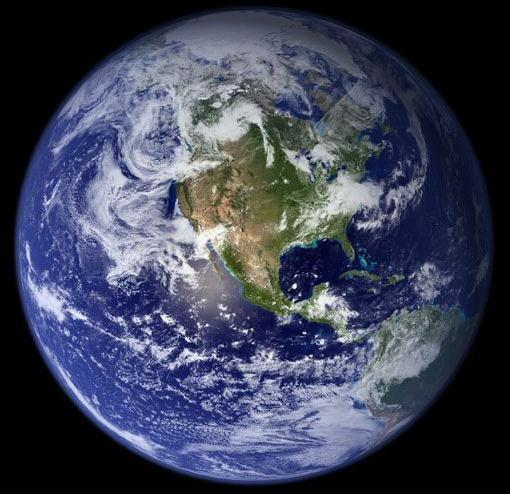 Did You Hear The One About The Serious Environmentalist? Huffington Post
Did You Hear The One About The Serious Environmentalist? Huffington Post has the Op-Ed; here's an excerpt: "
Environmentalists don't get the joke. The situation is too dire -- extreme weather
from a changing climate, toxins in our food, endangered species dying
off -- for this to be a laughing matter. At least, that's our
reputation: Serious, earnest, humorless. The reputation is partly
deserved. Most environmental activists take their work very seriously.
We see huge problems facing our world, and know that human lives are at
stake. Take a look at this new study from
the National Academy of Science, about the abrupt impacts of climate
change, and you'll know why. When you focus on issues that are so
serious, it's easy to slip into taking yourself too seriously..."
Global Warming Denial Hits A 6-Year High. Chris Mooney has the details in a story at
Mother Jones; here's an excerpt: "...
The latest data
are out on the prevalence of global warming denial among the US public.
And they aren't pretty. The new study, from the Yale and George Mason
research teams on climate change communication, shows a
7-percentage-point increase in the proportion of Americans who say they
do not believe that global warming is happening. And that's just since
the spring of 2013. The number is now 23 percent; back at the start of
last year, it was 16 percent..."
Image credit above: "
The increase in climate science disbelief. Yale and George Mason University teams on Climate Change Communication.
Belief In Climate Change Depends On The Weather. At least among Independent voters.
The Week has the story; here's a clip: "
Conservative organizations spend as much as a billion dollars a year trying to convince Americans that climate change isn’t real, or if it is real, that it isn’t caused by humans. At one point, it seemed that their campaign was working. In 2009, Pew found
that belief in global warming had fallen to a low of 59 percent, down
from 77 percent in 2007. And just 36 percent of those surveyed that year
believed that climate change was being caused by humans, down from 47
percent in 2007. However since 2009, the number of believers has grown:
Today 69 percent of those surveyed believe global warming is occurring,
with 42 percent believing it is caused by humans..."
Climate Change On Walden Pond.
I wonder if Thoreau would accept or deny the science if he was still
around? Here's an interesting nugget from Dr. Mark Seeley's
always-enjoyable
WeatherTalk Newsletter: "
A
recent paper published in the New Phytologist by research biologists at
Boston University shows that trees and shrubs of Walden Pond leaf out
about 18 days earlier than they did when Henry David Thoreau made his
observations there in the 1850s. This is a measure of climate change for
the Concord, MA area. You can read more about this study and what it
means for invasive species at...
http://www.sciencedaily.com/releases/2014/01/140113114756.htm
Photo credit above: Wikipedia.
U.S. Army Colonel: World Is Sleepwalking To A Global Energy Crisis.
Alarmist hype? Do we have enough oil, especially shale oil, to not have
to breathe another word of "peak oil" for a few more decades? I don't
pretend to know the answer to that, but here's an excerpt of a story at
The Guardian that caught my eye: "...
Lewis
told participants that the International Energy Agency's (IEA) own
"comprehensive" analysis in its World Energy Outlook of the 1,600 fields
providing 70% of today's global oil supply, show "an observed decline
rate of 6.2%" - double the IEA's stated estimate of future decline rate
out to 2035 of about 3%. The IEA report also shows that despite oil
industry investment trebling in real terms since 2000 (an increase of
around 200-300%), this has translated into an oil supply increase of
just 12%. Lewis said:
"That is a very striking
number and one I think that should be ringing alarm bells. It indicates
to me that something has fundamentally changed in the economics of the
oil industry and that you're having to invest more and more for
diminishing incremental production."
